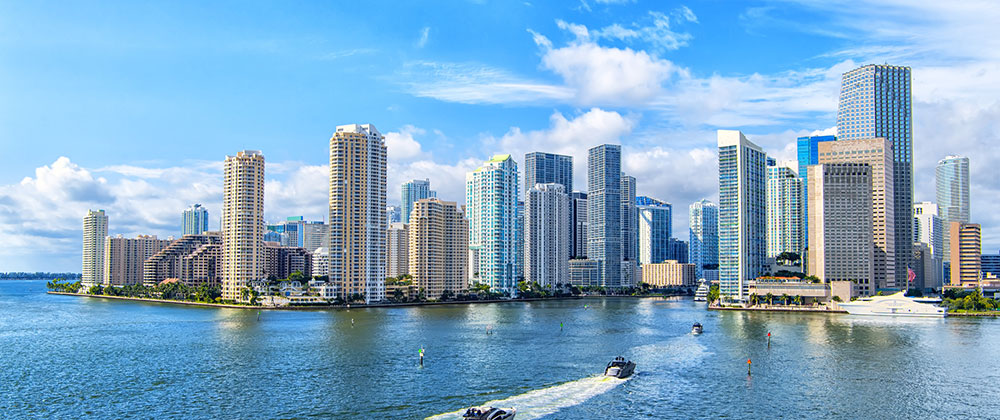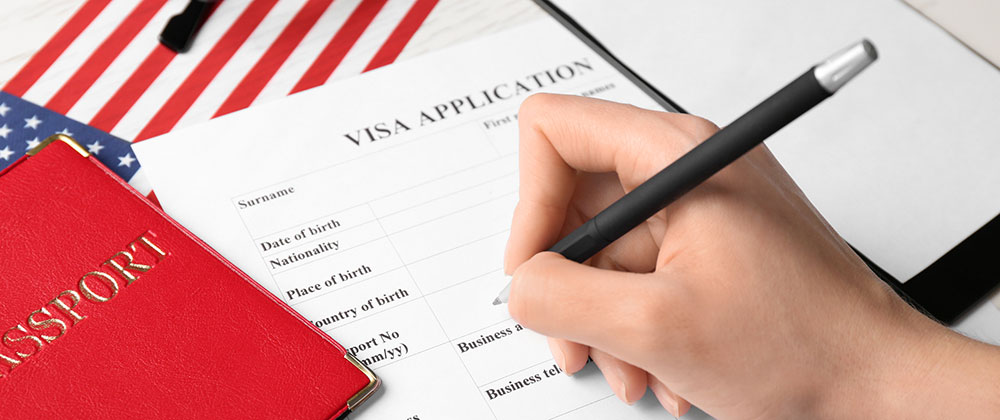Since 1963, the United States has ceased its diplomatic relations with the country of Cuba. Late last year, President Obama announced that he intended to reestablish ties between the two countries. Some of the changes that will occur will affect Americans who either have family in Cuba or are interested in travel to the island, located only 80 nautical miles south of Key West, Florida, the southernmost point in the United States.
President Obama recently had a meeting with President Raul Castro of Cuba, a historic event, since the two nations have not had negotiations for more than fifty years. At that time, Fidel Castro the brother of current leader Raul, established a Communist government and all relations between the two countries were severed. The newly established relations will see the re-opening of a United States embassy in Cuba’s capital city, Havana.
In the early 1980s Cuba was placed on a list of designated states that sponsor terrorism. At the present time, Secretary of State, John Kerry is looking at the possibility of removing Cuba from this designated list. Since the 1960s United States citizens and lawful permanent residents have not been permitted to travel to Cuba, with a very small exception for those with close family relations residing in Cuba.
In 2009, President Obama authorized the travel of certain government businesses, journalists, college professors, researchers and students traveling for an educational purpose. Additionally, religious workers and certain telecommunication providers are able to travel with restrictions. The new changes that President Obama proposes will allow the travel of certain performers and athletes, who in the past had to apply for a license to travel. Others allowed travel will include human rights and humanitarian workers and workers whose travel is related to the export of products. Additionally, institutes and foundations with the purpose of providing public information will be allowed more lenient access.
A complete lift on all travel restrictions for Americans who wish to travel to Cuba for general tourism has not been established. In order for this to occur, Congress would have to act to lift the ban. A ban remains in effect for any business transaction surrounding the property of a Cuban national, which includes the highly coveted Cuban rolled Cigars.
Another change will allow travelers to Cuba to use U.S. debit and credit cards for the first time. American companies will also be authorized to open accounts with Cuban banking institutes. Additionally American companies located in third countries will be authorized to engage in commerce with Cuban individuals located in those third countries.
There is still a restriction on the import and export of most goods, with a small exception for gifts based on humanitarian need. Certain equipment used for agriculture and building material will be available for export if it is determined that those items support the Cuban private sector. Also included in this list are items related to telecommunications.
American visitors who obtain the proper licensing for travel will be permitted to import up to $400 U.S. dollars’ worth of Cuban goods, including $100 towards tobacco and alcohol products. Those properly licensed travelers will also be permitted to bring up to $3000 to Cuba in remittances. There is no limit on the amount that can be given to close relations living in Cuba. Religious organizes do not have a restriction on the amount of money they may contribute. Currently, humanitarian organizations may contribute up to $2000 a year to any individual “for humanitarian needs.” That amount will be raised to $8000 per year.
There will no longer be licensing requirements for private individuals who conduct business by forwarding funds to Cuban national. Some of these changes were effectuated by President Obama in 2009 but the newest developments are taking effect as recently as last month.
Many Cubans who have outstanding Removal Orders orDeportation Orders are on edge because they fear that the renewed relations could result in mass deportations of Cubans to the island country. It remains to be seen whether or not this will actually occur. Cubans who are currently on Orders of Supervision with Deportation Orders should see an immigration attorney to discuss options.



